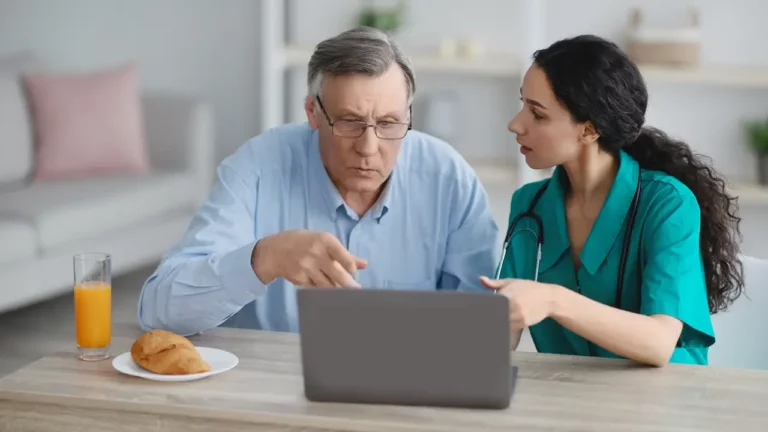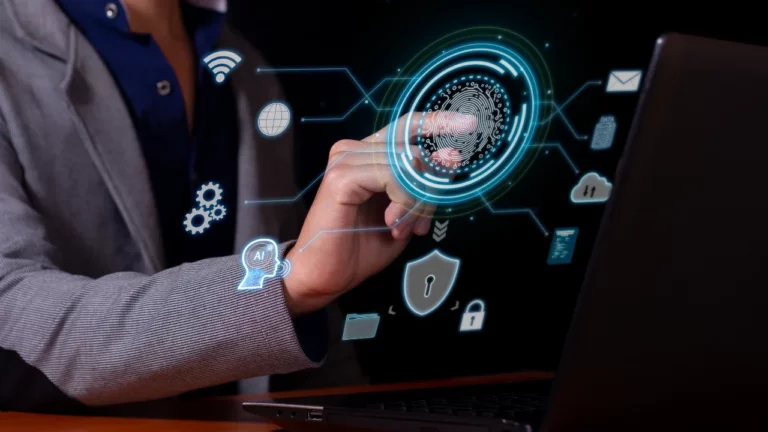Diabetes is a chronic condition that affects millions of people worldwide. According to the World Health Organization, there are 422 million people worldwide with diabetes. Each year, 1.5 million deaths are directly attributed to diabetes. The number of cases and the prevalence of diabetes have been steadily increasing over the past few decades.
Diabetes occurs when the body is unable to properly regulate blood sugar levels, leading to high blood sugar and a host of health problems. One of the most important aspects of managing diabetes is being able to maintain healthy blood sugar levels through diet and nutrition.
In this article, we will discuss ten foods to avoid for better diabetes management and how remote patient monitoring can help you stay on track.
10 Foods That Cause Diabetes
- Dried fruits: Raisins, apricots, and dates are high in natural sugar, which can cause blood sugar spikes and increase the risk of type 2 diabetes.
- Sugary drinks: Sodas, energy drinks, and sweetened teas are high in added sugars and can cause blood sugar levels to spike, increasing the risk of type 2 diabetes.
- Pastries: Doughnuts, croissants, and other pastries are high in sugar and unhealthy fats, which can cause weight gain and increase the risk of diabetes.
- Fried foods: French fries, fried chicken, and other fried foods are high in calories and unhealthy fats, which can cause weight gain and increase the risk of diabetes.
- Processed foods: Packaged snacks, frozen meals, and canned soups are often high in sodium and added sugars, which can cause blood sugar spikes and increase the risk of diabetes.
- White bread and pasta: These foods are made from refined flour, which can quickly raise blood sugar levels and increase the risk of diabetes.
- High-fat meats: Bacon, sausage, and other high-fat meats can contribute to weight gain, which is a risk factor for type 2 diabetes.
- Trans fats: Trans fats, which are found in many processed foods and baked goods, can increase inflammation in the body and increase the risk of diabetes.
- Full-fat dairy: Whole milk, cheese, and other full-fat dairy products can contribute to weight gain and increase the risk of diabetes.
- Alcohol: Consuming large amounts of alcohol can cause blood sugar levels to fluctuate, which can be dangerous for people with diabetes.
It’s important to remember that it is not the consumption of any single food that causes diabetes; rather, it’s the overall diet and lifestyle that can lead to increase the risk of developing the disease. By avoiding these foods and eating a healthy diet, people with diabetes can better control their blood sugar levels and reduce the risk of complications. Remote patient monitoring can also play a significant role in helping people with diabetes manage their condition and make better dietary choices.
Remote Patient Monitoring and Diabetes Management
Remote patient monitoring (RPM) is a healthcare technology that allows medical professionals to remotely monitor the vital signs and health status of patients using various devices and technologies, such as mobile apps and wearable devices.
Through wearable medical devices, RPM technology can be used to monitor blood sugar levels, blood pressure, and other vital signs, which can help healthcare providers identify problems and adjust treatment plans, as needed. RPM can also be used to help people with diabetes manage their condition on a day-to-day basis by providing reminders for medication, tracking activity levels, and monitoring diet and nutrition.
RPM can be used to help people with diabetes identify patterns in their blood sugar levels, which can help them make adjustments to their diet and medication regimen as needed. By monitoring blood sugar levels in real-time, RPM can help people with diabetes identify when their levels are too high or too low and take appropriate action to prevent dangerous spikes. RPM can also provide patients with personalized recommendations for managing blood sugar levels, such as adjusting medication doses or timing or making changes to their diet and exercise routine.
Revolutionizing Diabetes Care with DrKumo’s RPM Technology
DrKumo‘s Remote Patient Monitoring (RPM) technology is revolutionizing the way diabetes care is delivered by providing a convenient, efficient, and cost-effective solution for both patients and healthcare providers. The technology allows for the remote monitoring of vital signs, such as blood sugar levels, blood pressure, and other vital signs, which enables healthcare providers to identify problems and make adjustments to treatment plans as needed.
DrKumo’s user-friendly, easy-to-use solution is powered by a state-of-the-art, HIPAA-compliant, mobile-enabled, continuous-capable real-time monitoring, and AI/ML engine. This RPM technology allows patients to manage their health conditions in the comfort of their own homes, while also providing healthcare providers with real-time intelligence for timely intervention. RPM empowers patients to take control of their health and manage their diabetes more effectively, while healthcare providers are equipped with the tools, they need to make more informed decisions and provide better care.
DrKumo’s RPM technology is also highly scalable, providing an efficient and cost-effective solution for chronic disease management, acute care, post-operation, and hospital care at home. By using DrKumo’s technology, healthcare providers can reduce hospital readmissions, lower costs, and improve patient satisfaction.
Takeaways
Diabetes is a chronic condition that affects millions of people worldwide, and managing the disease can be challenging. One of the most important aspects of managing diabetes is controlling blood sugar levels through diet and nutrition. It’s important for people with diabetes to avoid certain foods that can cause blood sugar levels to spike, such as dried fruit, foods high in sugar and trans-fat, fried foods, and processed foods. By avoiding these foods and eating a healthy diet, people with diabetes can better control their blood sugar levels and reduce the risk of complications.
Remote patient monitoring (RPM) is a healthcare technology that allows medical professionals to remotely monitor the vital signs and health status of patients using various devices and technologies, such as mobile apps and wearable devices. In the context of diabetes management, RPM can be a powerful tool for helping people with diabetes manage their condition, and using technology to help them track and manage their diet and nutrition is one way to make the most of this technology. RPM can also help identify and avoid foods that cause diabetes in order to manage blood sugar levels and improve overall health.
To know more about how you can use RPM for Diabetes Care Management, contact DrKumo now.








